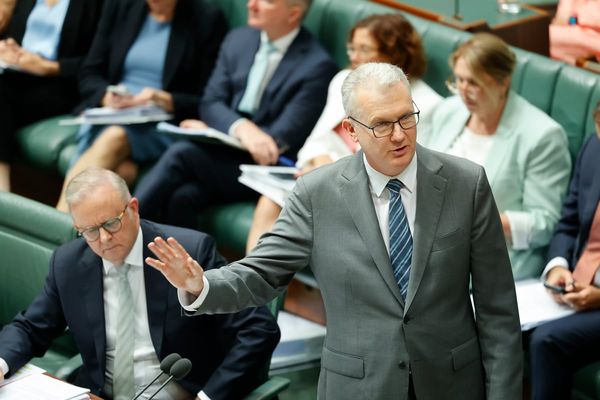Almost 100,000 income tax payers have opted to spread the cost of their bill into monthly instalments to soften the blow of paying out a lump sum, according to HM Revenue and Customs.
Once a customer has filed their 2020 to 2021 Self Assessment tax return, they can set up a Time to Pay arrangement for up to 12 months on debts up to £30,000, that they’re unable to pay in full.
This can be done online at GOV.UK without speaking to HMRC.
Since April 2021, Self Assessment customers have used the online Time to Pay service to pay more than £310 million worth of tax in instalments. If a customer owes more than £30,000, or needs longer to pay, they should contact HMRC to discuss payment options.
The deadline for filing tax returns, paying any tax owed or setting up a payment plan was January 31, but, this year, HMRC has given customers extra time to meet their obligations without facing penalties. This means:
- anyone who did not file their return by the January 31 deadline will not receive a late filing penalty if they file by February 28
- anyone who did not pay their tax liabilities by the January 31 deadline will not receive a late payment penalty if they pay their tax in full, or set up a time to pay arrangement, by April 1
From February 1, all outstanding amounts were subject to interest.
Myrtle Lloyd, HMRC’s director general for customer services, said: "We understand some customers might be worrying about paying their Self Assessment bill this year, and we want to support them. To see if you’re eligible to set up a payment plan, go to GOV.UK and search ‘pay my Self Assessment’."
The 2020 to 2021 tax return covers earnings and payments during the pandemic. Customers will need to declare if they received any grants or payments from the Covid-19 support schemes up to April 5, 2021, as these are taxable, including:
- Self-Employment Income Support Scheme
- Coronavirus Job Retention Scheme
- other Covid-19 grants and support payments such as self-isolation payments, local authority grants and those for the Eat Out to Help Out scheme
The £500 one-off payment for working households receiving tax credits should not be reported in Self Assessment.
HMRC urges everyone to be alert if they are contacted by someone asking for money or personal information.
Customers should always type in the full online address www.gov.uk/hmrc to get the correct link for filing their Self Assessment return online securely and free of charge.
There are reports of fraudsters emailing, calling or texting people claiming to represent HMRC.
If customers are in doubt, do not to reply directly to anything suspicious, but contact HMRC straight away and search GOV.UK for ‘HMRC scams’.
For more stories from where you live, visit InYourArea.







